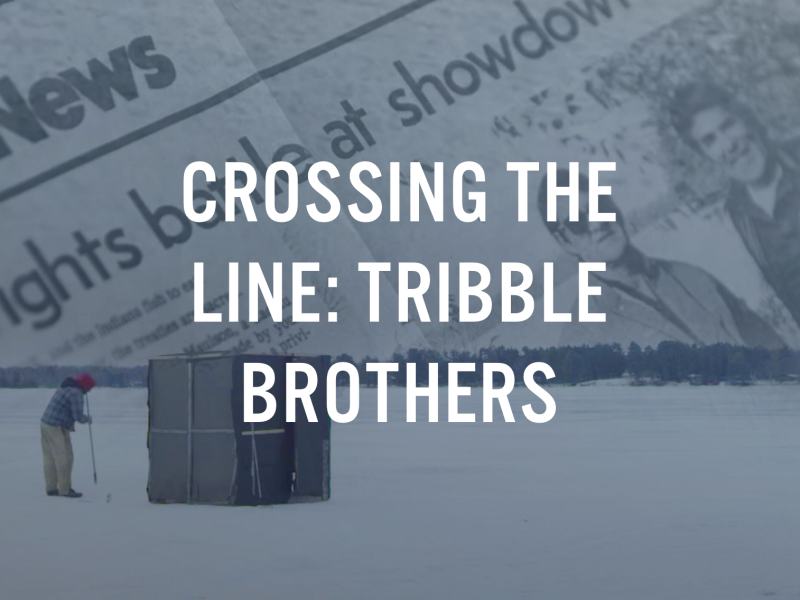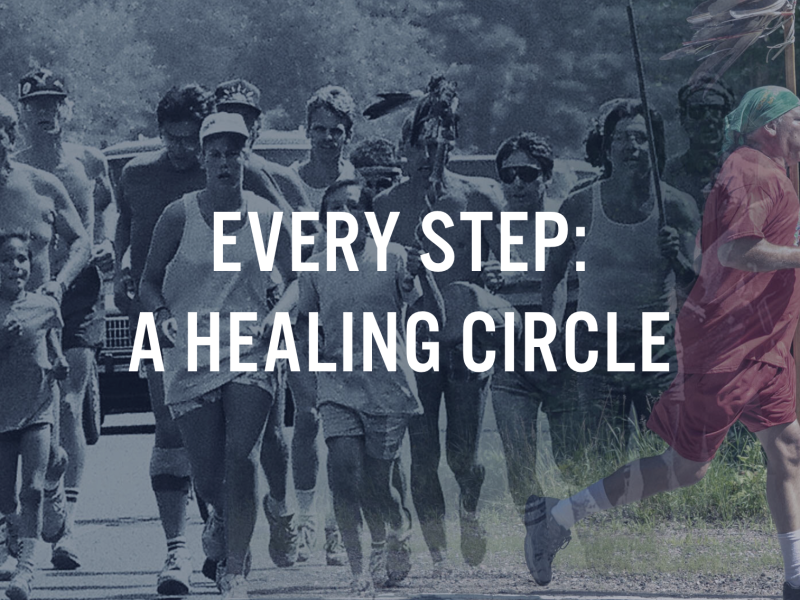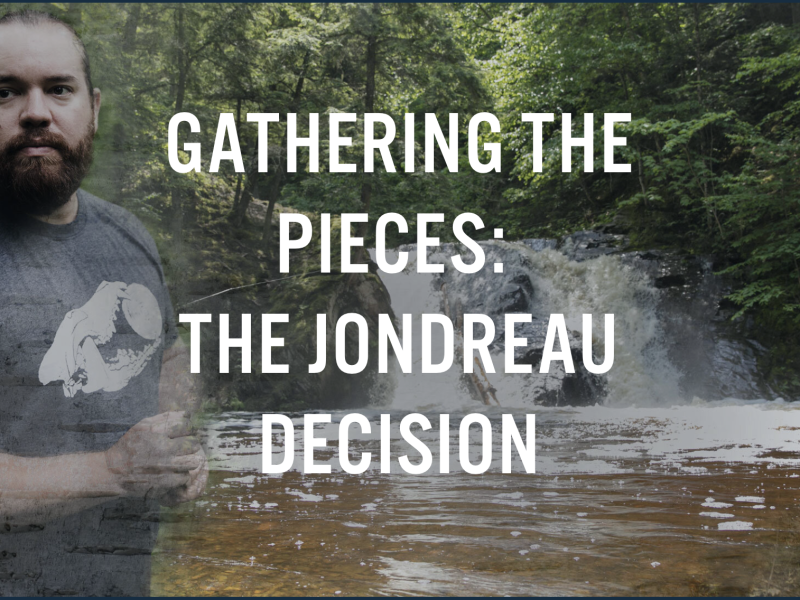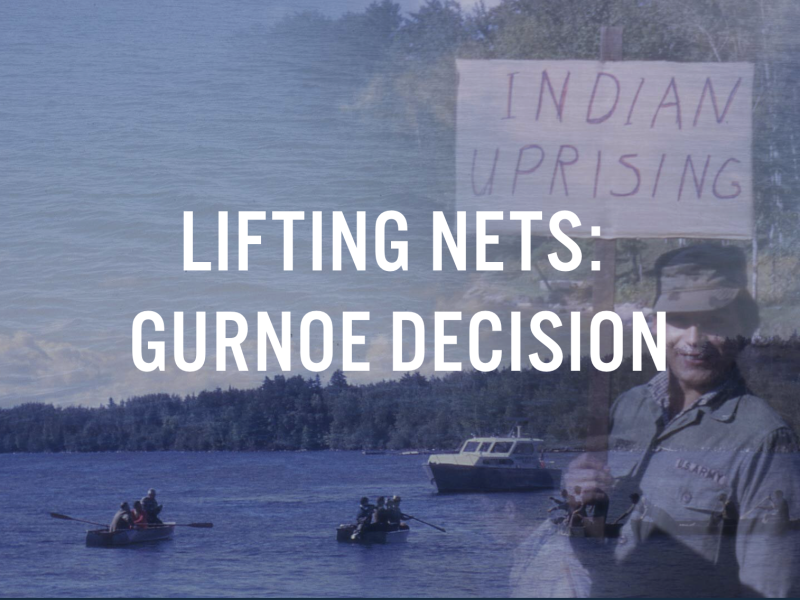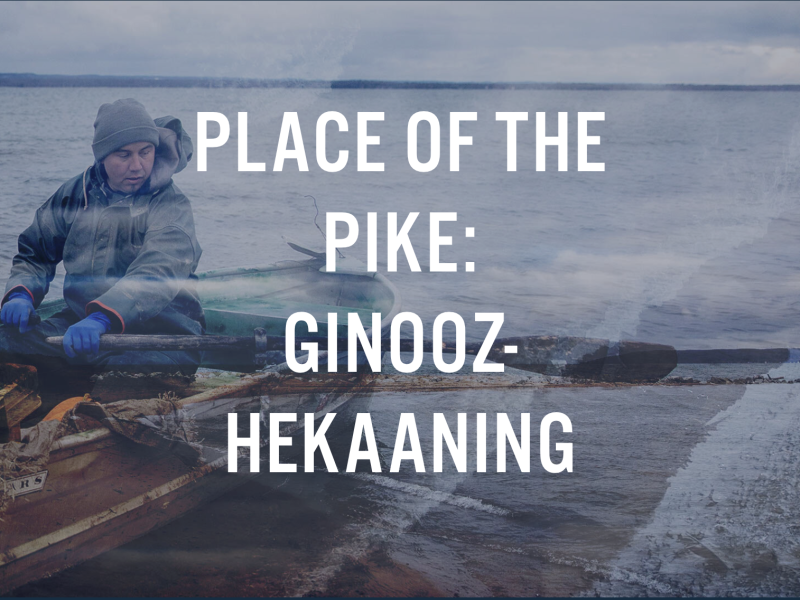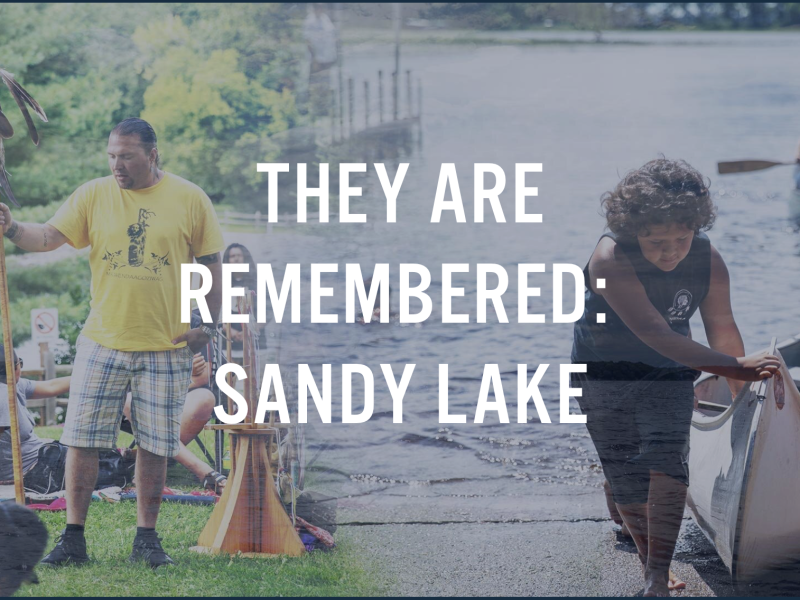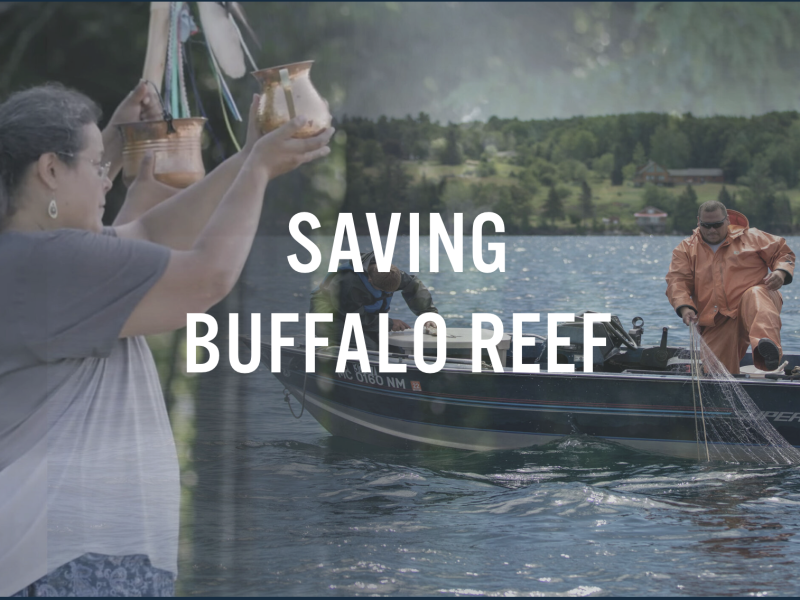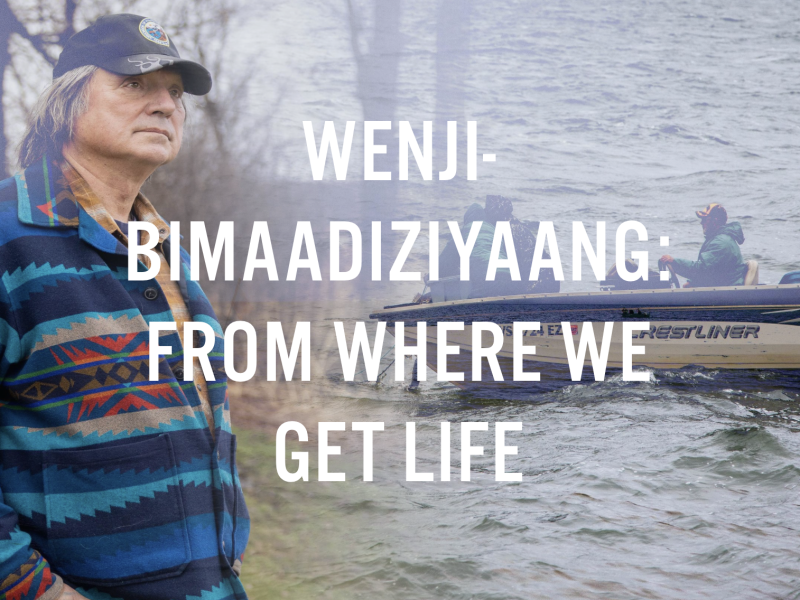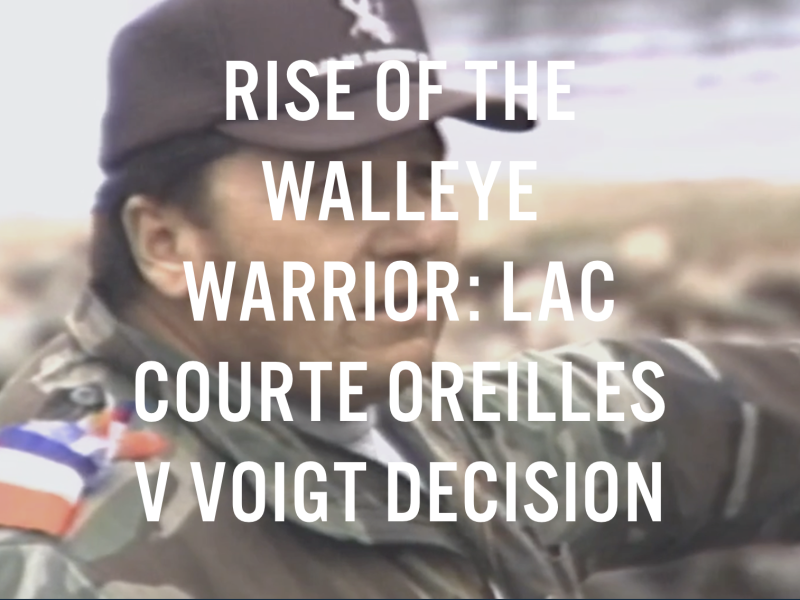"MII'IW ANISHINAABE-IZHITWAAWIN.
GIISHPIN ANI-BIMA'ADOOYAANG MIINAWAA
GIGA-MASHKAWIZIMIN MIINAWAA."
THIS IS OUR WAY OF LIFE. IF WE FOLLOW THIS PATH, WE WILL BE STRONG AGAIN.
-Lee Obizaan Staples, St. Croix Ojibwe
Ogichidaa (“warrior”) Storytellers is a video series produced by the Great Lakes Indian Fish and Wildlife Commission that shares the struggle of the Anishinaabe (also known as Ojibwe or Chippewa) to retain treaty reserved harvesting rights throughout the Ceded Territories of Wisconsin, Minnesota, and Michigan. The series is an effort to document and share treaty rights stories to educate and support language and cultural revitalization.
Many of the videos in the series are supported by educational materials created by GLIFWC, Wisconsin Department of Public Instruction, and Wisconsin Historical Society. The educational materials contain lesson plans, enduring understandings, essential questions, vocabulary words, and extension activities.
Crossing the Line shares the story of Fred and Mike Tribble and their actions in March 1974 to reaffirm Ojibwe treaty rights as described by the treaties of 1837 and 1842.
In 1989, the Anishinaabe Solidarity Relay began as a response to the racism and hatred directed towards Ojibwe people throughout the region. Every Step shares the story of the Healing Circle Run and the role it now plays in many communities.
In Gathering the Pieces, William “Boyzie” Jondreau struggles to help reaffirm the Ojibwe treaty-reserved harvesting rights in the waters of Lake Superior as it is shared by William's grandson, Jerry Jondreau.
Lifting Nets is the story of both the Red Cliff Band and Bad River Band of Lake Superior Chippewa in their struggle to retain hunting, fishing, and gathering treaty rights beyond their reservation borders and communities.
In 1971, A.B. LeBlanc was cited for fishing in Lake Superior without a license. Place of the Pike highlights the struggle for his community to maintain their identity through reserved rights in the 1836 treaty with the United States.
They Are Remembered focuses on the annual Mikwendaagoziwag ceremony to remember the 1850 Sandy Lake tragedy and the continuing struggle for Ojibwe to survive amidst forced assimilation.
In order to save and ultimately restore an invaluable fish spawning habitat in Lake Superior, a Tribal led partnership works to contain migrating stamp sands leftover from copper mining in the 1800’s.
In the Treaty of 1837, Mille Lacs Band and other Ojibwe tribes reserved the right to harvest natural resources off-reservation. Minnesota officials soon enacted an ongoing policy rejecting treaty agreements.
Rise of the Walleye Warrior commemorates the 40th anniversary of the landmark case in which the US Court of Appeals for the Seventh Circuit ruled in favor of Ojibwe reserved rights in the Wisconsin 1837 and 1842 Ceded Territory.
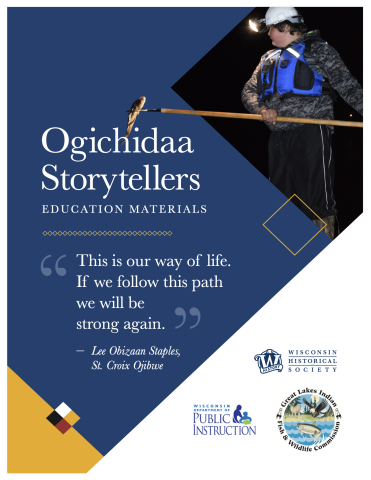
View and Download Ogichidaa Storytellers Educator's Guide
Or request a physical copy (an updated version is coming soon)
These materials support the use of the Ogichidaa Storytellers Videos in grades 6–12 classrooms. Included are enduring understandings and essential questions to frame learning, extension activities to connect the past to the present and the future, a glossary of key vocabulary words, and lesson ideas for the Ogichidaa Storytellers Videos.
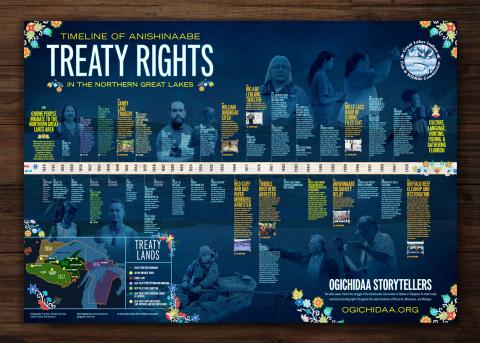
Throughout history, many events and people have impacted the exercise of Anishinaabe treaty rights. The Timeline of Anishinaabe Treaty Rights in the Northern Great Lakes presents an engaging, expansive picture of this history, from the documented initial contact with Europeans in 1620 through cultural and conservation efforts in 2020.
Order or download this poster through the educational materials store.
